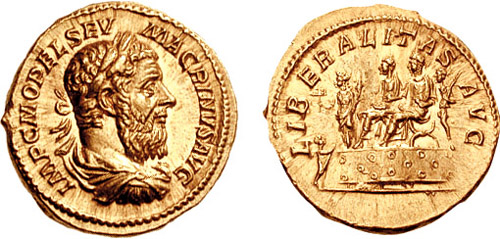Tessera (commerce) on:
[Wikipedia]
[Google]
[Amazon]

 A ''tessera'' was the
A ''tessera'' was the

 A ''tessera'' was the
A ''tessera'' was the ancient Roman
In modern historiography, ancient Rome is the Roman people, Roman civilisation from the founding of Rome, founding of the Italian city of Rome in the 8th century BC to the Fall of the Western Roman Empire, collapse of the Western Roman Em ...
equivalent of a theater ticket
Ticket or tickets may refer to:
Slips of paper
* Lottery ticket
* Parking ticket, a ticket confirming that the parking fee was paid (and the time of the parking start)
* Toll ticket, a slip of paper used to indicate where vehicles entered a to ...
. Stamped into a clay
Clay is a type of fine-grained natural soil material containing clay minerals (hydrous aluminium phyllosilicates, e.g. kaolinite, ). Most pure clay minerals are white or light-coloured, but natural clays show a variety of colours from impuriti ...
shard was an entrance aisle and row number for spectators attending an event at an amphitheater
An amphitheatre ( U.S. English: amphitheater) is an open-air venue used for entertainment, performances, and sports. The term derives from the ancient Greek ('), from ('), meaning "on both sides" or "around" and ('), meaning "place for vie ...
or arena. Above the doors of the Colosseum
The Colosseum ( ; , ultimately from Ancient Greek word "kolossos" meaning a large statue or giant) is an Ellipse, elliptical amphitheatre in the centre of the city of Rome, Italy, just east of the Roman Forum. It is the largest ancient amphi ...
in Rome are numbers corresponding to those stamped into a spectator's ''tessera''. ''Tesserae frumentariae'' and ''nummariae'' were tokens given at certain times by the Roman magistrates
The Roman magistrates () were elected officials in ancient Rome. During the period of the Roman Kingdom, the King of Rome was the principal executive magistrate.Abbott, 8 His power, in practice, was absolute. He was the chief priest, lawgiver, ...
to citizens, in exchange for which they received a fixed amount of wheat or money.References
{{reflist Economy of ancient Rome